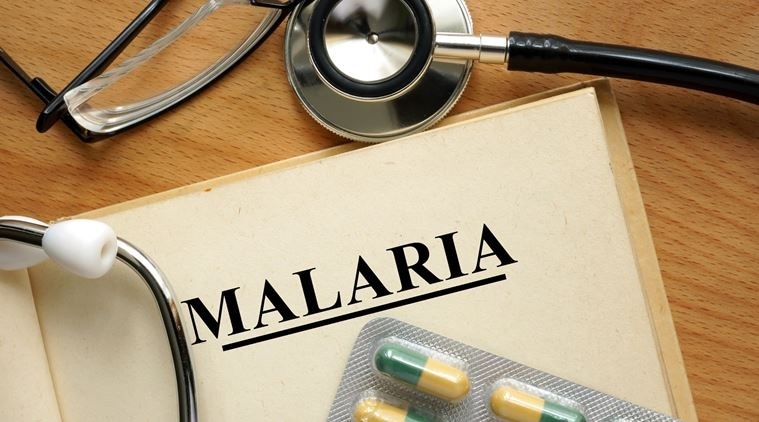 April and May are crucial months when preventive measures such as fogging, fumigation and awareness campaigns are undertaken. (Source: File/Getty Images/Thinkstock)
April and May are crucial months when preventive measures such as fogging, fumigation and awareness campaigns are undertaken. (Source: File/Getty Images/Thinkstock)
Malaria is a life-threatening disease caused by malarial parasites that are transmitted through the bites of infected mosquitoes. It is seasonal and most commonly seen during the monsoons in India. Enhanced malaria prevention and control measures are dramatically reducing the malaria burden in many places.
WHO strongly encourages countries not to suspend the planning for or implementation of mosquito control activities, while ensuring these services are delivered using best practices to protect health workers and communities from COVID-19 infection. “The estimated number of malaria deaths in 2018 stood at 405,000, a similar number to the previous year. As per WHO, India contributes 77 per cent of cases in South-East Asia. The diagnosis of malaria depends on the symptoms along with physical examination and blood test. There is a variety of drugs now available for the treatment of malaria which should be taken under medical supervision only,” says Dr Santosh Datar, Medical Director, Ziqitza Healthcare.
Look out for these signs and symptoms
The common symptoms of malaria are chills, fever, sweating, headache, muscle pain, nausea and vomiting. Severe cases may exhibit symptoms such as jaundice, convulsions and coma especially with Falciparum malaria. Initial symptoms may be similar to many bacterial, viral and parasitic infections and that may pose a challenge for an accurate diagnosis. The symptoms may repeat every 48 to 72 hours with asymptomatic intervals.
Since we are all under lockdown in India, here are some preventive measures of malaria you can follow by staying indoors:
* Keep the windows and doors closed in the evening in mosquito-infested regions.
* Have screens/wire mesh to cover windows and doors and check their integrity.
* Use a mosquito net over your bed (Permethrin-coated nets, if available).
* Use / plugin mosquito repellents to avoid mosquito bites.
* Apply mosquito repellent to the exposed skin.
* Empty and refill the flower vases regularly at least once a week.
* Indoor residual spraying of walls may be another mosquito control measure.
However, these measures should be followed not only during the lockdown period but under regular circumstances as well.